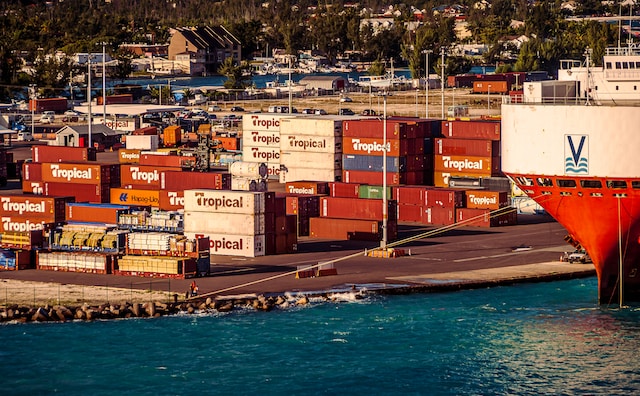Case Analysis: Freight Forwarding Fees Dispute Amidst Civil Unrest
In this maritime freight forwarding contract dispute, a Chinese engineering company engaged in a highway construction project in Yemen faced legal action from a freight forwarding company after failing to make agreed payments due to claimed force majeure. This analysis delves into the Shanghai Maritime Court’s judgment and the complexities surrounding the defendant’s defenses.
- Background
The engineering company contracted the freight forwarder for the transportation of 161 vehicles and equipment from Shanghai to the Port of Hodeidah in Yemen. Despite successful delivery, the engineering company failed to fulfill the payment agreement within the stipulated timeframe, citing civil unrest in Yemen and delays in receiving funds from the Saudi project fund.
During the trial, the defendant argued two main points. First, they claimed non-receipt of two sets of customs declaration forms as grounds for non-payment. Second, the defendant sought exemption based on force majeure due to civil unrest in Yemen.
- Court Ruling
Customs Declaration Forms: The court ruled that the defendant’s non-payment was not justified by the outstanding customs declaration forms. The plaintiff had fulfilled its contractual obligations, and the defendant’s failure to make payment led to the plaintiff’s self-help measure of withholding the forms, which was deemed legitimate.
Force Majeure: While civil unrest qualified as force majeure, the court emphasized the need to distinguish its impact on the highway construction project and the freight forwarding contract. Even if the defendant’s force majeure claim was valid, the court found it unrelated to the failure to pay freight forwarding fees. The inability to recover funds from the engineering project did not absolve the defendant from their payment obligations under the maritime freight forwarding contract.
- Legal Insights
The court referenced the Civil Code of the People’s Republic of China, highlighting provisions regarding force majeure. It clarified that force majeure should have a direct, legal causal relationship with the inability to fulfill a specific contractual obligation.
In affirming the plaintiff’s lawsuit, the Shanghai Maritime Court set a precedent, emphasizing that even genuine force majeure events in related projects do not excuse parties from fulfilling distinct contractual obligations. The ruling underscores the importance of clear contractual terms and the necessity for a direct nexus between force majeure events and the specific contractual breach in question.
Photo by Matt Benson on Unsplash







